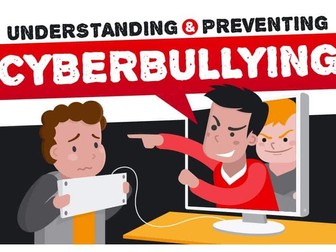
Design your own Political Party Pack
Are you looking for a resource that’ll raise your pupils’ awareness and interest in politics?
Do you want to empower young learners by giving them a voice?
Would you like some help to develop formal, discursive and persuasive writing techniques in your classroom?
Are you struggling to find opportunities to meet these awkward NC Spoken Language targets?
articulate and justify answers, arguments and opinions
speak audibly and fluently with an increasing command of Standard English
participate in discussions, presentations, performances, role play, improvisations and debates
gain, maintain and monitor the interest of the listener(s)
consider and evaluate different viewpoints, attending to and building on the contributions of others
select and use appropriate registers for effective communication.
Well…look no further, as the Design you own Political Party Pack has everything you need !
This resource pack includes: PowerPoints lessons, planning templates, modelled texts and assessment frameworks.
The aim of the unit is for the children to design their own political party and devise policies that suggest improvements personal to their school. The overall outcome is to build a political campaign (rosette/badge and leaflet design, pupil interviews etc) and present their speech to a school audience, promoting the policies of their manifesto. If you like, the school community can vote with ballot papers too!! A real school general election!! This resource has been tried and tested with 80+ Year 6 children- they loved every minute from start to finish!! Easily adapted for any KS2 year group.

